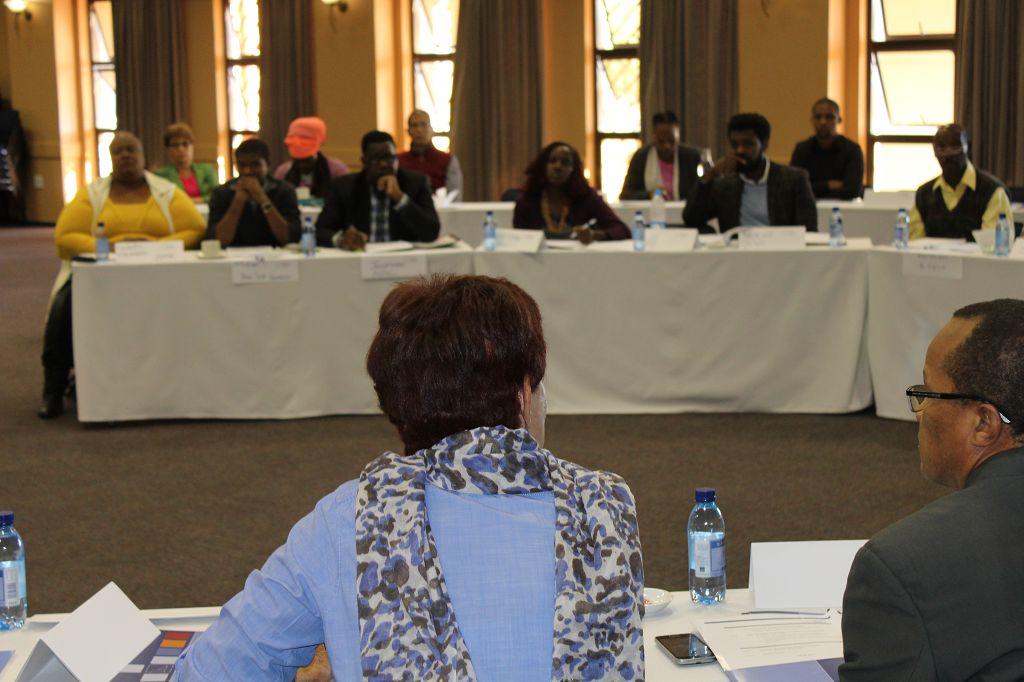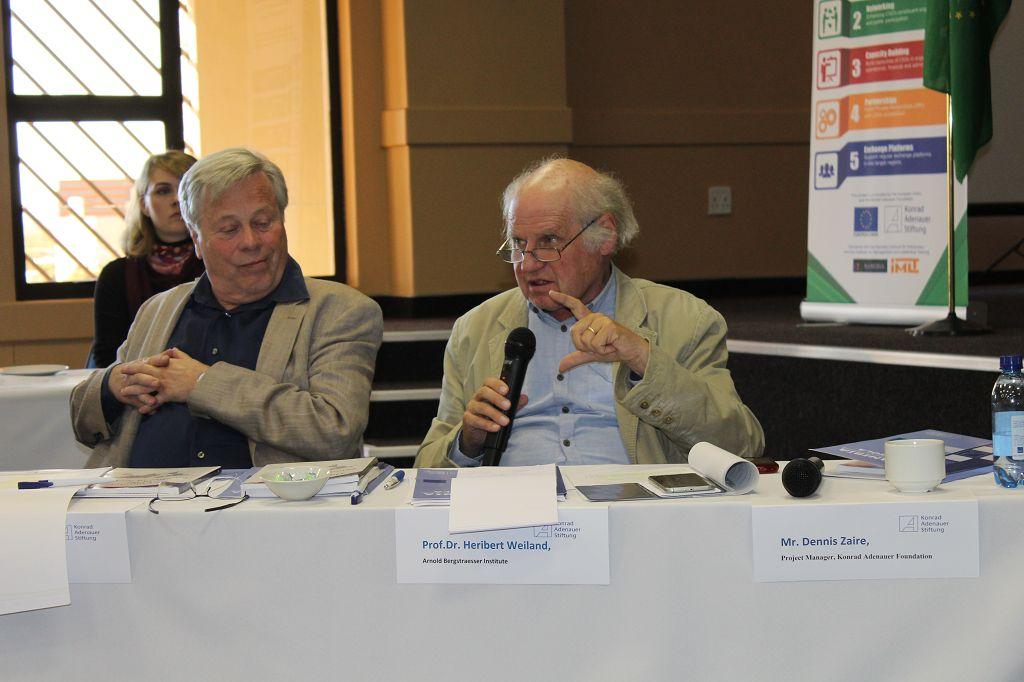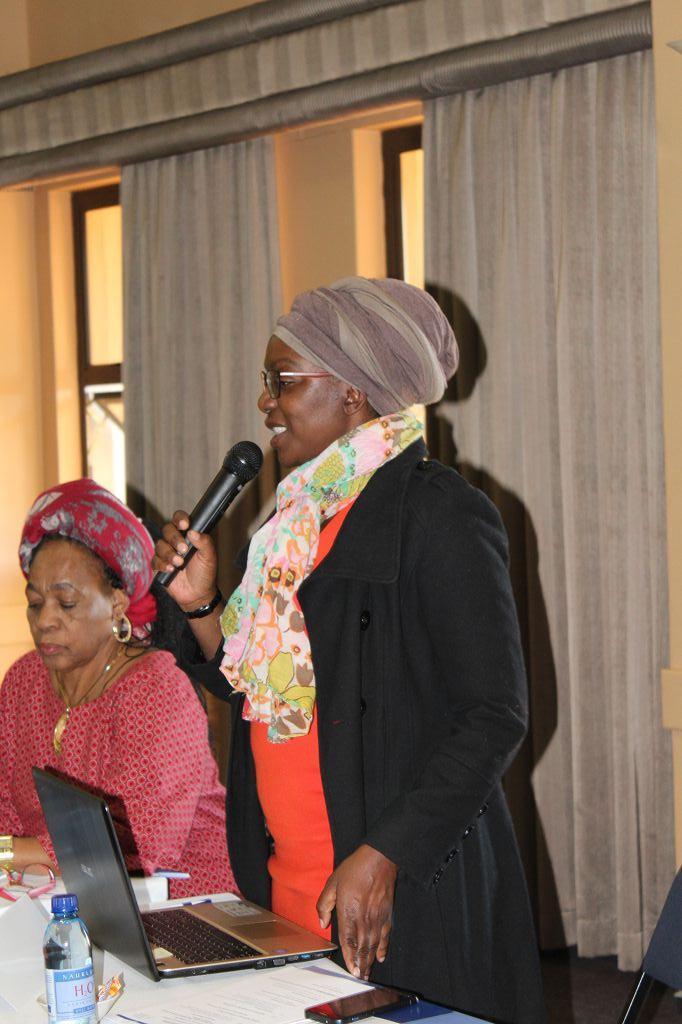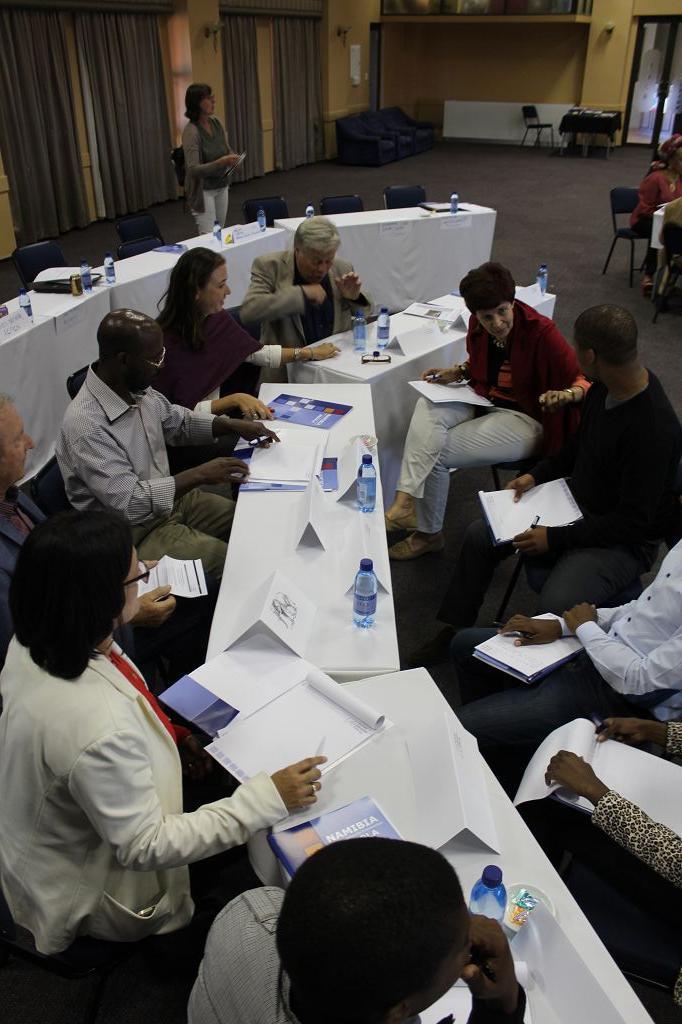Background of the event was the findings of a study published by Prof. Dr. Heribert Weiland and Prof. Dr. Reinhart Koessler from the German Arnold Bergstraesser Institute in Freiburg which investigated the constantly decreasing Civil Society activity in Namibia since the mid-1990s and the various reasons for and implications of this fact. In this context, one topic of importance was i.e. the financial constraints that force many CSOs to take up government consultancies besides continuing to act as a counterweight to the state at the same time.
Konrad Adenauer Foundation Namibia-Angola, who has played a role in Namibian Civil Society since independence herself and works closely with many Namibian CSOs such as Women's Action for Development or Forum for the Future as well as with governmental institutions such as the Office of the Judiciary or the Office of the Ombudsman, invited more than 60 CSO representatives from various fields and backgrounds, such as the Namibian churches, Women’s Organisations, Civic Rights Organisations, representatives of the Youth and UNAM, representatives of NANGOF and the National Planning Commission as well as different political foundations and donor organisations. The participants used the opportunity to not only discuss the findings of the study, but also to investigate possible ways forward that could strengthen CSO activity in Namibia in a sustainable and longstanding manner. After an open discussion, the participants formed different groups in order to focus on the issues and questions of “How would an ideal Civil Society look like?”, “How can CSOs activate public engagement” as well as new ways of creating a sustainable financial base for CSOs besides the acquisition of foreign funding. Afterwards, each group's ideas and suggestions were presented to the audience and openly discussed. They included, amongst others, the conduction of regular focus group meetings, the development of a summarised and comprehensive Namibian CSO data base, the publishing of a regular CSO-Barometer that looks at the most important developments in the Civil Society sector, or the establishment of a market place that allows potential donors and CSOs to interact.
Overall, the conference did not only provide a good network opportunity for many Civil Society representatives in Namibia, but also produced some very interesting results and proposals for future engagement. An abbreviated English version of the Civil Society study that was discussed during the event can be found for free download above.










